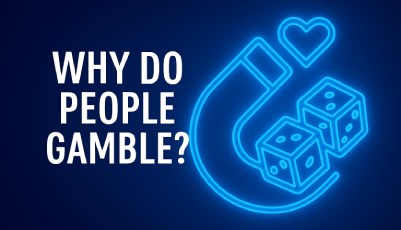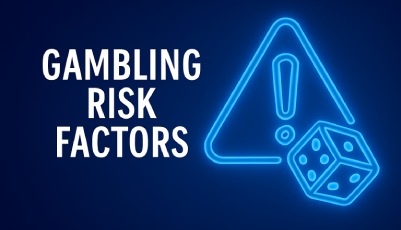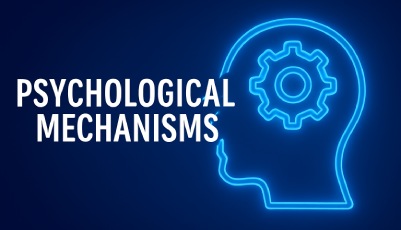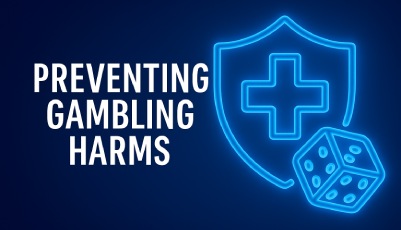While gambling responses and behavioral habits are uniquely personal, the impacts of social contexts and the social identity of a user can greatly influence an individual’s gambling behaviors. These cultural narratives play a substantial role in influencing users to gamble, and can have the knock on effect of distorting the user’s perception of risk, encourage them to sustain their habits, and normalizing gambling in their context.
The social contexts can be divided into nuanced categories, based on where they come from, who they affect, and what types of response they trigger in a person. From the online realms of social media, to communities and cultural acceptance or stigmas, each can induce gambling psychological mechanisms at an individual level.
Key Themes
Societal influence can take on many forms, and, the level of exposure to gambling, normalization of the activity, and education on the risks of gambling are unique for each person. Case studies have found that early exposure and normalization can lead to users developing problematic habits or gambling disorders faster. However, with proper education regarding the dangers of gambling, or a more unbiased and thorough understanding of the risks, users can identify their own habits quickly.
The context of these social interactions is also vitally important to analyze. Whether it is perceptions of gambling from tight knit cultural societies or communities, to the vast network of social media interactions, all social and cultural forces can interact with the individual psychology and shape gambling behaviors. Understanding this can help to explain the different gambling patterns in individuals, and help to find personalized prevention and recovery strategies for anyone who needs them.
Social Media Normalization
Online media platforms are a highly dominant force in the normalization and validation of gambling, especially for younger participants. Studies have shown that normalization was prevalent before these online social media platforms were mainstream, but they have amplified the effects of gambling in social contexts. The main concerns of social media normalization of gambling is that it gives misinformation about the risks of gambling, and glamorizes the endeavor for users, and it can create a feedback loop that drives gamblers to spend more and gamble more recklessly.
Gambling Advertising & Marketing
Gambling ads are important for operators to drive brand recognition and stay relevant in what is becoming an increasingly competitive market. However, they have also shown to induce positive associations for players on a personal level, and can use emotionally charged messaging or misleading communications that alter people’s understanding of risk. The marketing campaigns for online casinos and sports betting sites use different psychological mechanisms to trigger engagement in their users, both of which can be harmful.
Peer Influence & Social Identity Theory
The social networks and peer groups that individuals associate with can also be a source of fostering unhealthy gambling habits. The social identity theory explains how group norms can prompt individuals into indulging in practices that may not align with their own beliefs, but they feel compelled to do so to avoid social rejection or exclusion. Peer influence, like social media platforms, can also create a feedback loop that pushes the extents to which the peers in the network gamble. There are many types of peer networks to be analyzed, from sports fans where gambling is a form of loyalty to a team or club, to the adolescent peer groups who romanticize gambling and play to overload their rewards systems.
Cultural Acceptance and Stigma
Cultural acceptance, both for and against gambling, can have an underlying role in shaping the way people perceive gambling. Gambling is widely accepted in some societies, and normalized as a valid form of entertainment that individuals may even be encouraged to take up. In cultures that are heavily anti-gambling, stigma can deter some people, but motivate others who want to break away or stand out from the cultural crowd. However, these groups often isolate themselves from any gambling education and safer practise institutions, so the participating individuals don’t have the background or exposure to recognise bad habits, and it hinders their opportunities to seek help for gambling problems.
Featured Articles
Our studies show the underlying impacts and influences of the social contexts of gambling. For each theory, we assessed key case studies in the field, cross referring the research to gain a more holisitic view of the impacts of society on an individual’s gambling habits.

Social Media and Gambling Normalization
The effect social media has to play in normalizing gambling is substantiated, and there are case studies from respected peers that detail the extent to which social media has to play in reinforcing this normalization.
Read More
Gambling Advertising and Behavioral Impacts
The impacts of gambling ads on users has long been contentious and there have been many studies documenting the precise psychological mechanism and influences these advertisements induce into players.
Read More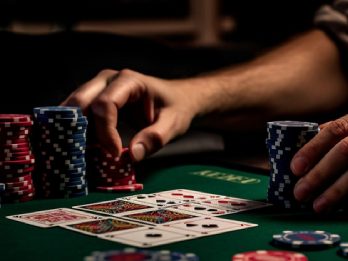
Social Identity in Gambling
Social identity is a critical aspect in an individual’s gambling behavior. Their preferences, understanding of the risks of gambling and even their betting frequency can all be connected to their social identity.
Read MoreReferences
Sport fan social identity and gambling behavior: A psychological perspective Dawn W Foster et al. (2014)
Social influences normalize gambling-related harm among higher risk gamblers Alex M T Russell et al. (2018)
